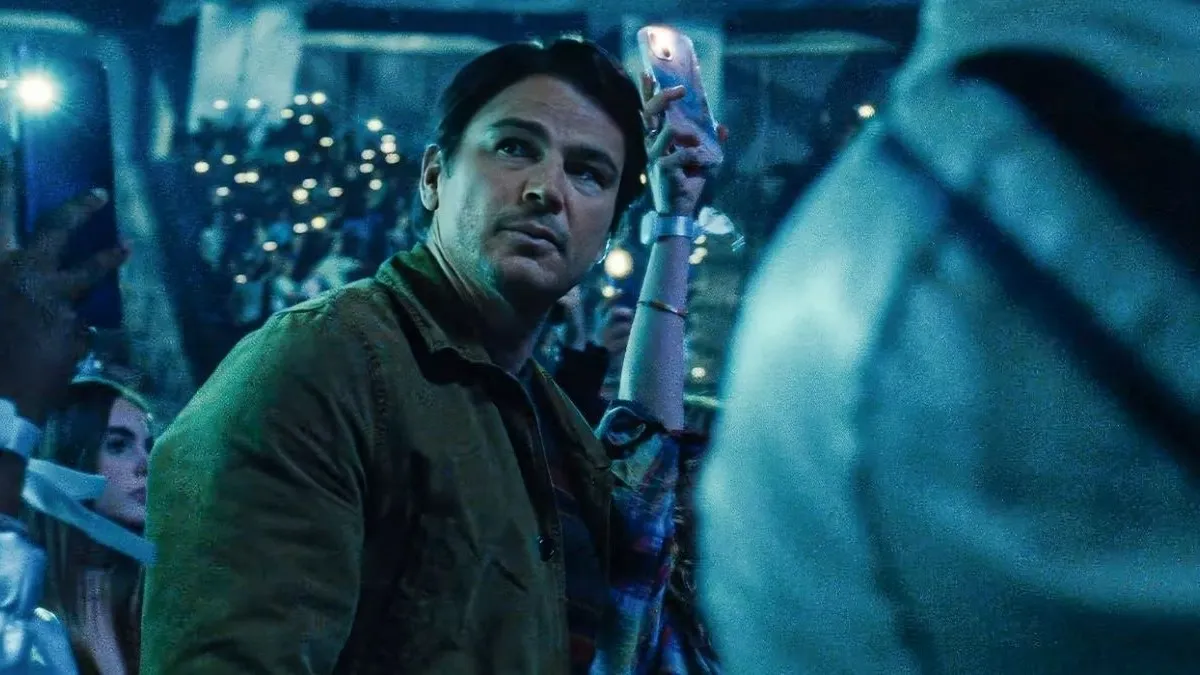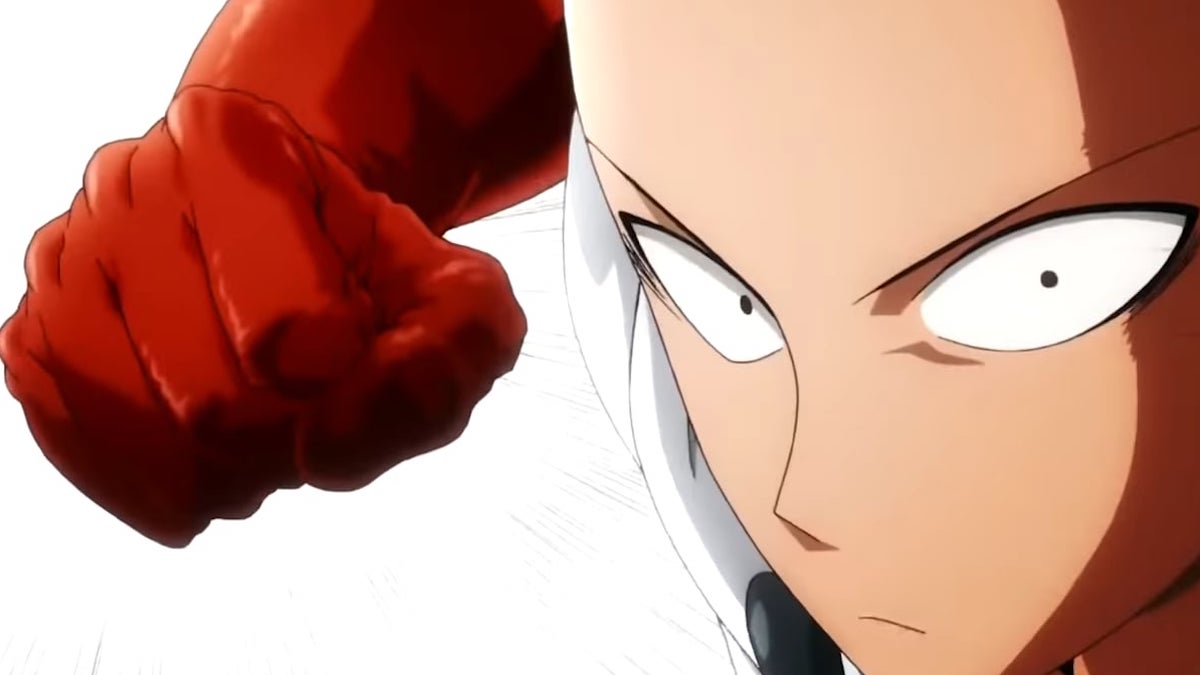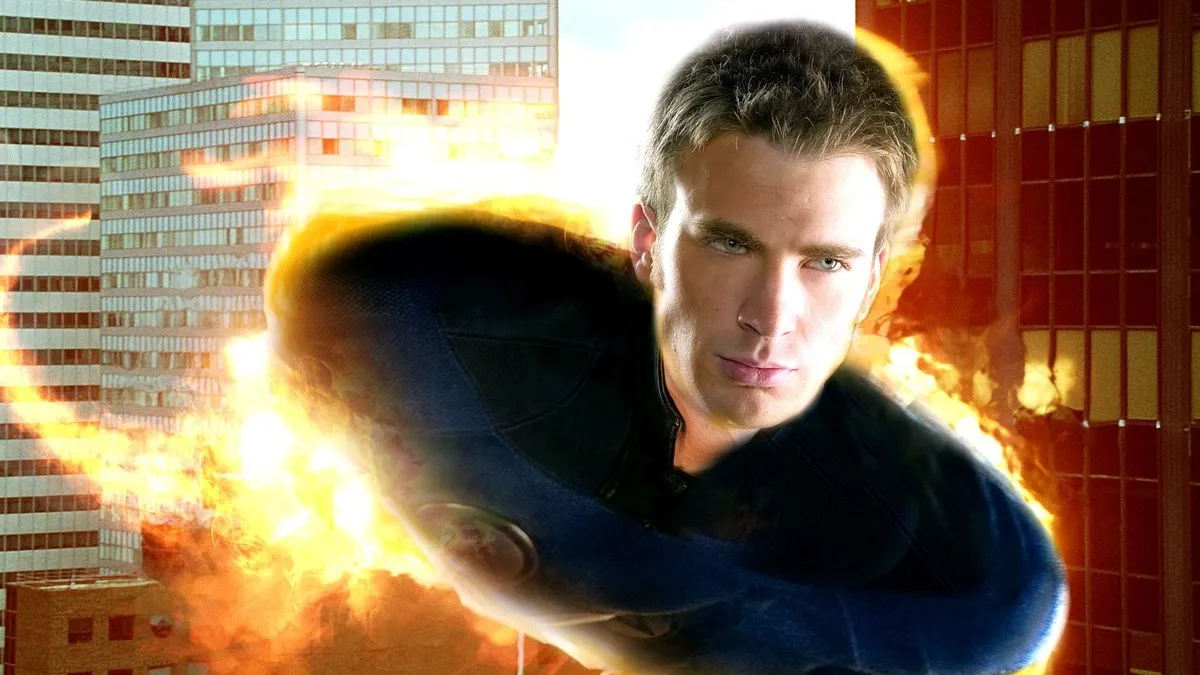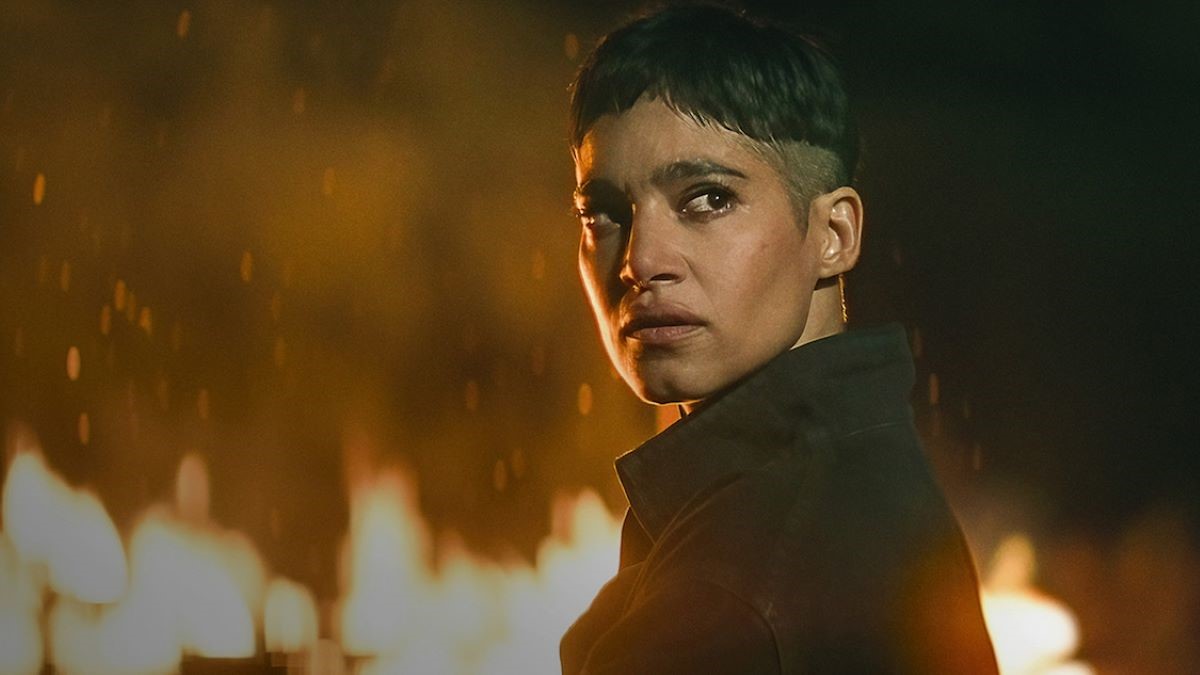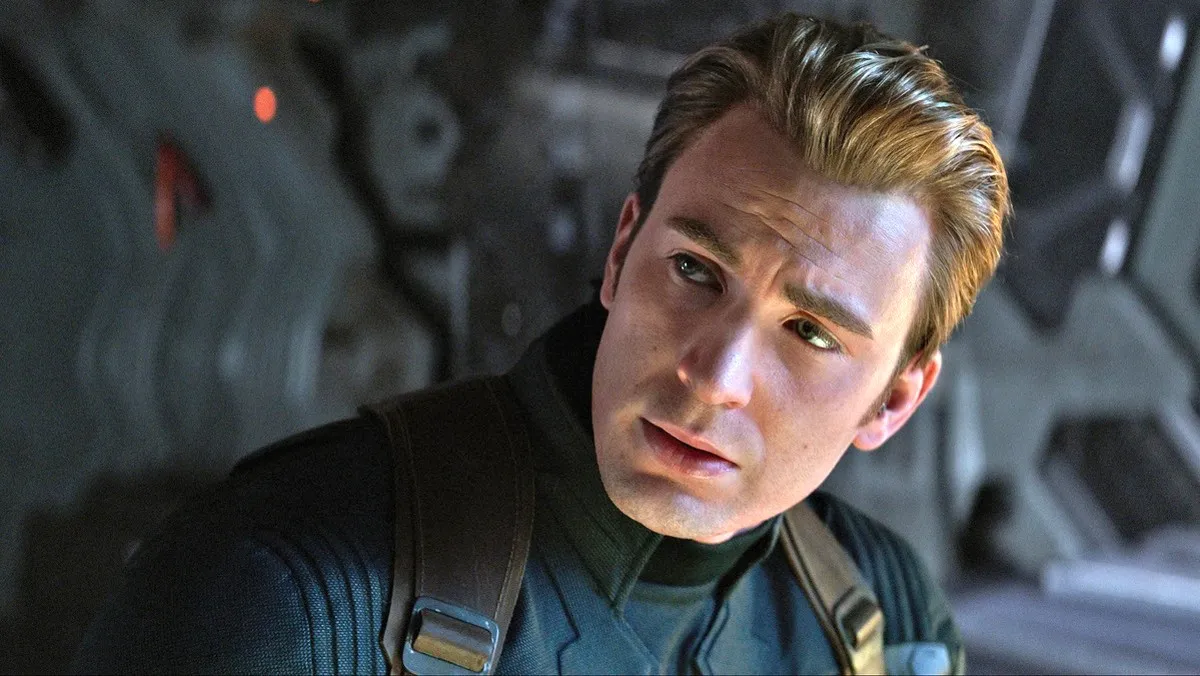
To say Come Morning is a film by Derrick Sims is probably one of the few times that the “film by” tag actually works. Sims did just about everything on his dark drama including writing, directing, shooting, editing, and producing. It seemed like the only thing he didn’t do was star in the film. Despite what sounds like too much work for one man to do, Sims definitely didn’t spread himself too thin, as the film combined a well-crafted story with stunningly beautiful cinematography for an excellent result.
I recently caught a screening of the film at the Oxford Film Festival and thought it was one of the best independent films I’ve seen in a long time (you can see why in my review). After the screening I was able to catch up with Sims for an interview. He told me about the inspiration for the film, the decision to shoot it himself, and a lot more.
Check out the full interview below.
WGTC: What inspired you to make this film?
Sims: Well first of all, I don’t really desire to be a director. I enjoy writing a lot, but I’m a cinematographer. I’m a director of photography. I light and shoot and edit films. That’s my passion. I love photography and cinematography. That’s my first love. But, I love to tell stories too. It’s kind of a family thing. My grandpa, who the character in the film is based off of, he just tells stories all the time. I guess a lot of that rubbed off on me. So I just love telling stories.
I was on my way to work one day and an idea just popped into my head of me and my grandpa sitting in a deer house. Actually the deer house that they’re sitting in (in the film) is the actual deer house that we hunted in. The area it original sat in was destroyed by a storm a couple years back, so we found another place that looked almost exactly like it. It was about ten miles away. So we disassembled the entire house piece by piece and reassembled it on this hill.
I have all these fond memories of me and him hunting, even though I’m not a hunter by any means anymore. I don’t really know why it popped into my mind that they shoot a deer and it turns out to not be a deer but actually their neighbor who they have a bad history with.
I had just finished reading Cormac McCarthy’s The Road and in that book it’s a child and his dad walking down the road, I just love that image of walking down a road. They were pushing a shopping cart, so I transposed that into a wheelbarrow and a dead body in it, but I like that image a lot. I mean Come Morning is a pretty dreary film. It’s not as dreary as The Road, but I like the mood that book created, and while I was writing Come Morning I was reading First Blood, the Rambo novel. So I had this story of survival that I was reading. I had just finished one about a boy and his dad walking down the road and then I had this idea of shooting the neighbor and thought it could be an interesting story.
Immediately I called my producer and said, ‘Hey, I’ve got an idea!’ I literally told him three sentences and he said, ‘Oh, you should write that down. That sounds pretty good.’ So I wrote it down and two months later I had a script. A year later we started raising money for it. It took two years from the time I wrote it until the time it was finished and premiered. We wrapped shooting on October 21, 2011, and the movie premiered October 21, 2012 at the Austin Film Festival, so that was cool.
WGTC: You said you’re a cinematographer first. The film’s beautifully shot, so that showed, but were there any difficulties with directing and shooting the film yourself?
Sims: As soon as I finished the film I said I would never do that again, but that’s not true, because I’m going to do it this year. I’ve got a new script that I want to shoot because I think it’ll be artistically fulfilling to shoot it and I also want to direct it.
Originally I said I just wanted to direct it. I wanted to find someone who had a similar photography style to me, but it’s so hard to find that. I can watch other cinematographers and appreciate their work, but they’re not right for a particular project.
This is a weird story that I don’t tell very much, but out of the blue this guy contacted me, I didn’t even put out a call for it, he was from Israel, he lives in LA, and he said, ‘Hey, I see that you’re making this film.’ Long story short, I met up with him and I saw his work and said, ‘You are the Israeli, Jewish version of me’ (laughs). I thought that he could do it and I was like ‘Yes, I’m going to get to direct this film. I’m going to have a director of photography and we’re going to meld really well.’ I contacted him a few months before the shoot and said, ‘This is what we can offer you as far as pay goes.’ It was low, but it was fair enough. His agent, I didn’t even know he had an agent, told him it wouldn’t be enough. We were like, ‘Listen, it’s all we can afford, sorry.’
At that point I guessed it was my destiny to both shoot and direct it. I knew if I did that my shooting would suffer because I was directing and my directing would suffer because I was shooting, so the way I remedied that was most people were cast six to eight months in advance. We started raising money and I went ahead and started some of the casting process. I worked with the actors through phone and Skype. Every day, every other day, we would talk and talk and talk. I told them that once we got on set I wouldn’t be able to direct their acting. I wanted to make sure we all had the same vision of the story and the characters. All the actors were just fantastic about doing that. Honestly, when I was on set I didn’t direct acting a whole lot. There were a few times that I would do stuff, but for the most part we were all on the same page. If we weren’t, we wouldn’t have been able to make the movie because of our crazy schedule.
Most people say, ’12 days, you can shoot a small feature in 12 days,’ but there were 20 locations, and a lot of them we couldn’t even get equipment in. The last three days we shot in this one place where we had to use two four-wheel drive trucks to bring people and equipment in. We couldn’t get cranes or any of that down there even though I had them planned.
WGTC: Had you worked with child actors before this?
Sims: As far as directing, because I directed short films when I was in college, then I didn’t direct anything for four or five years before I did this, I don’t think I’ve ever worked with a child actor. I worked on a set with a child right before Come Morning, but he was like 14. Working with an 11-year-old, (Wahlestedt) had just turned 11 when we started shooting, was very difficult. First off it was difficult to find an actor who could carry the film. It was down to two kids, one of them was actually a local kid and he looked like he was a grandchild of (Davis) and he was that boy. Just this southern boy who was literally me growing up, but he couldn’t act. Whenever put the camera in front of him he acted, he couldn’t just be himself, and honestly for three hours I sat with him on Skype and tried to get a performance out of him because I wanted him for that role so bad. He just couldn’t do it. No matter how much I wanted it I just had to go with this other kid.
I thought Thor did a pretty good job. It’s hard for an 11-year-old to go on that roller-coaster of emotion. I told him in the beginning, ‘This isn’t going to be a movie where people are crying. This is a movie where people suppress all their feelings. It’s more like seeing the wheels turn in their skulls rather than them emoting.’ I wanted it to be more about suppressed emotion rather than spilling it all on screen.
Continue reading on the next page…


